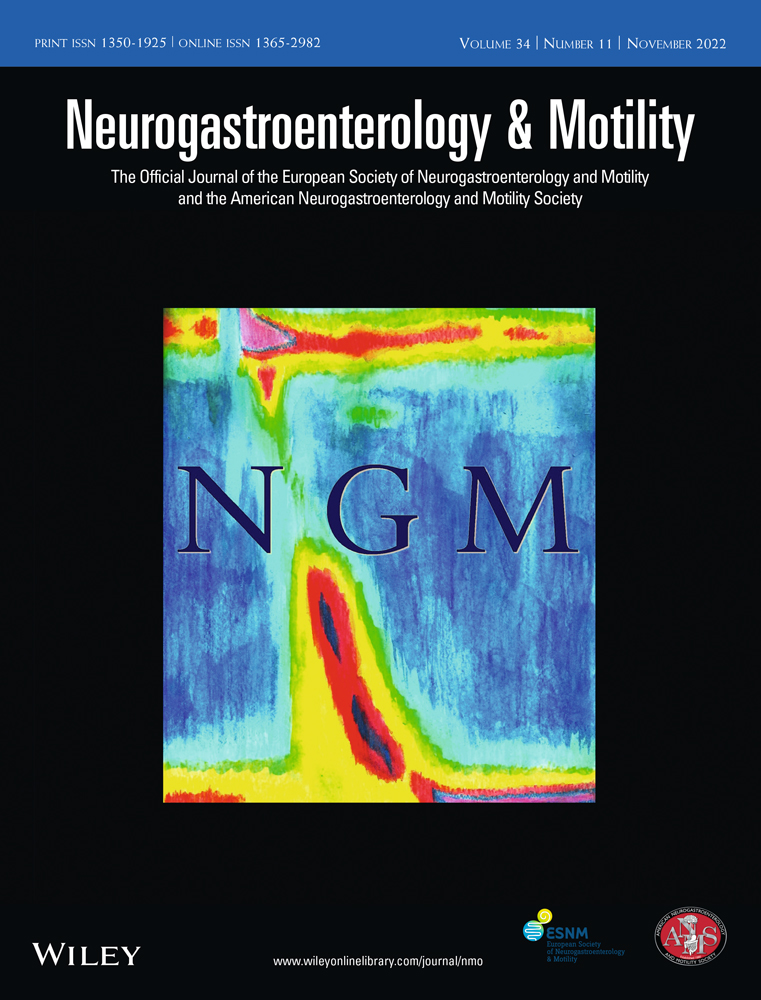Gastroenterology Trainees’ Attitudes and Knowledge towards Patients with Disorders of Gut-Brain Interaction
Abstract
Introduction
Disorders of gut-brain interaction (DGBI) are highly prevalent, estimated to affect about 40% of the global population. Patients with DGBI are still inadequately treated and face stigma which adversely impacts their disease course.
Methods
A 12-question multiple-choice anonymous survey was distributed electronically to all adult gastroenterology fellowship program directors across the United States. Data were collected on demographics, training, attitudes, and knowledge in managing patients with DGBI.
Results
9.8% and 15.9% of all trainees reported that their attendings and peers often demonstrated a dismissive attitude towards patients with DGBI, respectively. 21.4% of all trainees often felt frustrated or burned out when seeing patients with DGBI with increasing odds of burnout by years of training (OR 4.4 for F3 trainees, trainees in their third year of training). Significantly, more female trainees reported frustration and burnout when seeing patients with DGBI (p = 0.005). 28.6% of all trainees report they often do not want to see patients with DGBI in their outpatient GI practice, including 39.6% of F3 trainees. 27.1% of F3 trainees reported that they were uncomfortable with titrating neuromodulators and only 31.6% of all trainees were comfortable knowing when to refer to a gastropsychologist.
Discussion
Many trainees expressed some unwillingness and discomfort in managing patients with DGBI. Potential interventions will require a multi-pronged and longitudinal approach with education and training initiatives at the trainee level and beyond and exploring systemic healthcare delivery innovations to remove barriers.
CONFLICT OF INTEREST
Laurie Keefer is a consultant to Pfizer and Abbvie and is a co-founder/equity owner for Trellus Health. All authors have reviewed and approved the final draft to be submitted.




